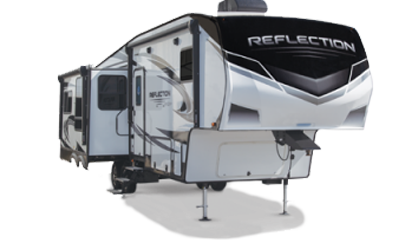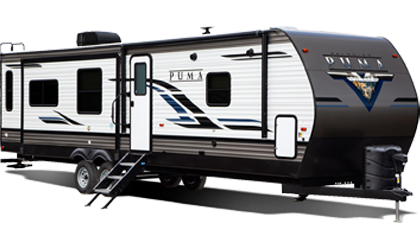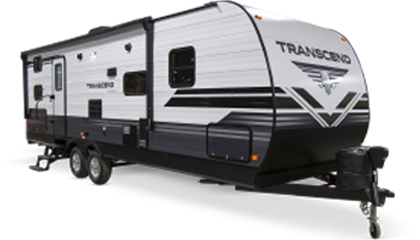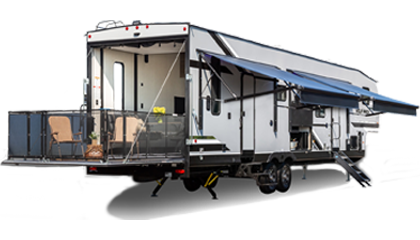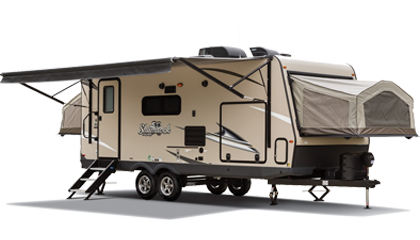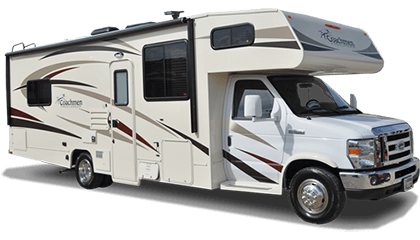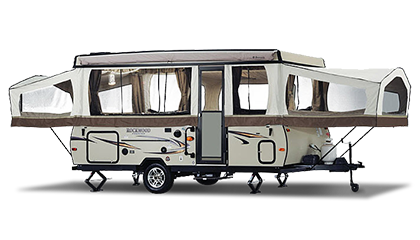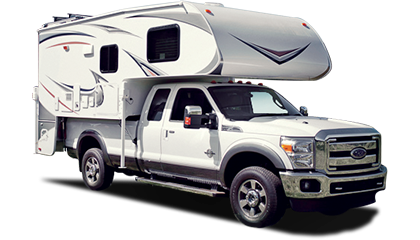Picking a GPS System
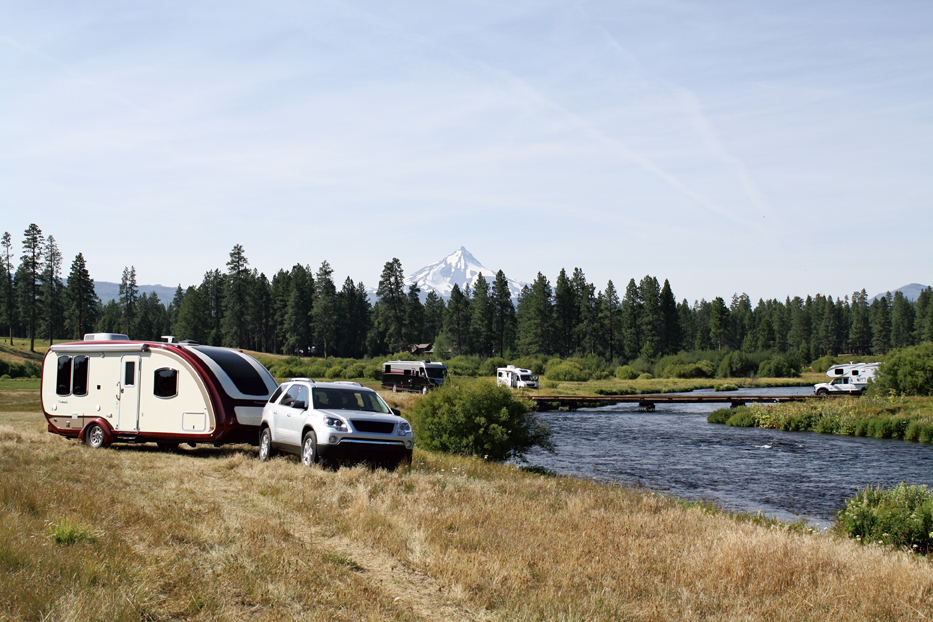
RVers in the 1980s and 1990s never knew the luxury of GPS. Burdened with comically difficult to refold paper maps, drivers had to unsafely navigate uncharted roads with a compass and a dollop of luck. The technology was effectively the same as Magellan used in the 1400s.
That was, of course, until GPS technology came around. Using satellites, GPS devices can track pretty much anything that moves anywhere on the planet. And that’s a big plus for RVers visiting new locales.
But the GPS market has expanded pretty exponentially in the past decade. What was once a niche market with hard-to-use devices is now commonplace, and stores are saturated with dozens of different GPS devices.
How are RVers supposed to know which one works best for them?
SIZE UP THE COMPETITION
Most people who use a dedicated GPS pick one that is smaller and easier to manage. Of course, that might be because most people drive a car that’s smaller than the average RV-hauling truck. (Not to mention smaller than the cab of an enormous Type A motorhome.)
If you’re driving a Honda Civic, you probably don’t need a 7-inch GPS screen. A 3- or 4-inch model will suit you just fine. But when you’re driving a much larger vehicle, the screen of your GPS should accordingly be much larger.
KNOW YOUR FEATURES
GPS devices have come a long way since only telling you longitude and latitude. Now, they’re nearly as powerful as your home computer, which can be great, but also requires a steeper learning curve. You might not even need the advanced features for the trips you’re planning on taking.
Some GPS devices offer map updates (in case a road is ever removed or replaced), real-time traffic updates, touch screen, RV/Truck routes, fuel logging and more. Some of that might prove useful, and some of it might not. Know what sort of features you find useful before you purchase one can save you money.
STAYING SMART
Chances are, you already use a smartphone for taking calls on the road, texting friends back home or tracking down a good place to eat. Why not just use your smartphone for navigation?
Google Maps offers much of the same features that many GPS devices do, but most GPS devices offer dedicated reliability (they’re not multitasking with other applications), and don’t require using tons of data over wireless networks as many smartphone plans do.
Choosing to use a smartphone instead of a dedicated GPS device isn’t a bad idea, but it may prove as costly or more expensive as a GPS, depending on your data plan.
BUY USED?
One downside to GPS devices: they can be costly. A basic GPS system can set you back $250 or more, while RV-specific versions can be well over $350.
And then there’s the add-ons: $10 per month for traffic updates, a carrying case, an extra battery – the list goes on. Perhaps testing the waters with a used model would be better if you’re unsure that a GPS is right for you.

